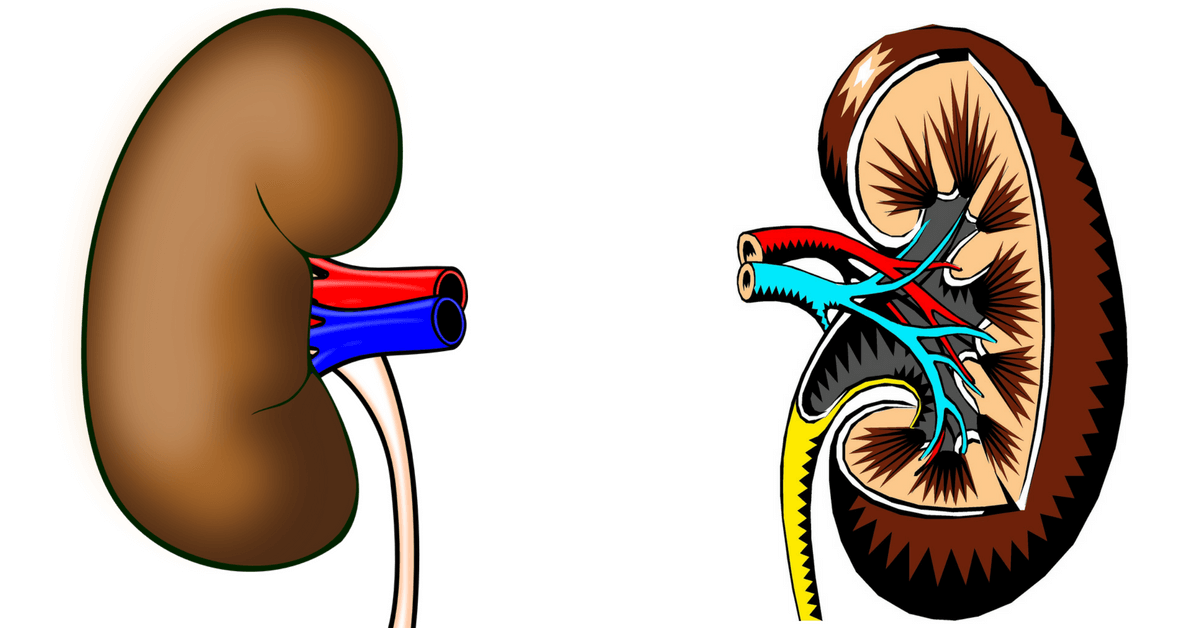I worked in a dialysis practice with one of the icons of kidney health, Dr. Jack Moncrief. In fact, he was honored as one of the 7 men who made kidney medicine what it is today. Dr. Moncrief opened the first dialysis center in Austin, Texas; he co-invented the home unit (CAPD); invented a catheter named after him; and even introduced the first tele-medicine bill cosigned by President Bush for Texas.
I saw firsthand in practice that there are “tricks” to slow down kidney decline, such as the use of sodium bicarbonate to alkinalize the kidneys, and the combining of the simple herb silymarin, known as milk thistle, with ACE inhibitors, to decrease inflammation in the kidney and reduce kidney decline as reported in Renal and Urology News July 2012.
Researchers from Mount Sinai School of Medicine, for the first time, determined that the ketogenic diet (a specialized high-fat, low carb diet) may REVERSE impaired kidney function in folks with both Type 1 and 2 diabetes (perhaps even for those with kidney decline without diabetes).
The special diet even reversed genes that were linked to diabetes kidney failure. Food highly affects gene expression, which means the body is designed to heal and food has to be one of our tools in that old black doc’s bag to get us well.
Charles Mobbs, PhD, Professor of Neuroscience and Geriatrics and Palliative Care Medicine at Mount Sinai School of Medicine, found that after eight weeks, kidney failure was reversed in the mice on the ketogenic diet.
“Our study is the first to show that a dietary intervention alone is enough to reverse this serious complication of diabetes,” said Dr. Mobbs. “This finding has significant implications for the tens of thousands of Americans diagnosed with diabetic kidney failure, and possibly other complications, each year.”
The ketogenic diet is often effectively used to control seizures in children suffering with epilepsy.
Dr. Mobbs’ research holds great promise in that exposure to the diet for as little as a month may be sufficient to “reset” the gene expression and pathological process leading to kidney failure. So this diet need not be a life-long deal.
Dr. Mobbs and his research team believe that the ketogenic diet may help treat other neurological diseases and retinopathy, a disease that results in vision loss. (PLoS ONE 2011)
The moral of the story is—don’t accept a severe diagnosis as the final word. The body is designed to heal if we figure out how to turn off the bad genes and turn on the good ones. More and more science is showing that sensible use of herbs and foods and off-label use of meds, under the guidance of a knowledgeable and caring practitioner, are part of that mix to possibly help you achieve extreme wellness, even in your grayest hour.

